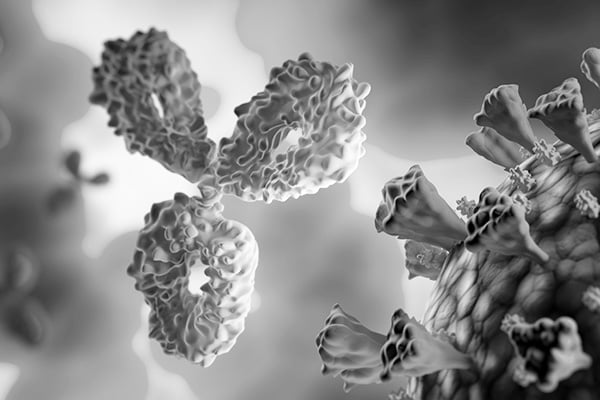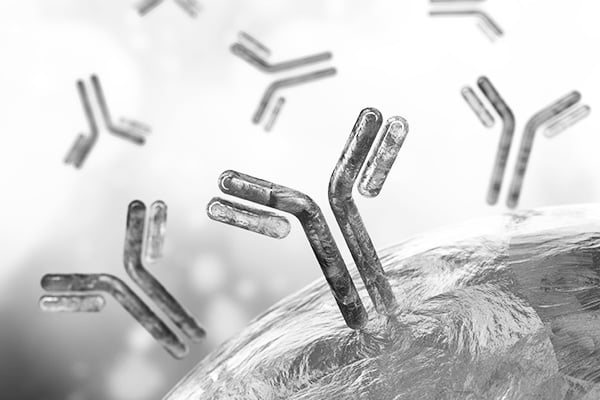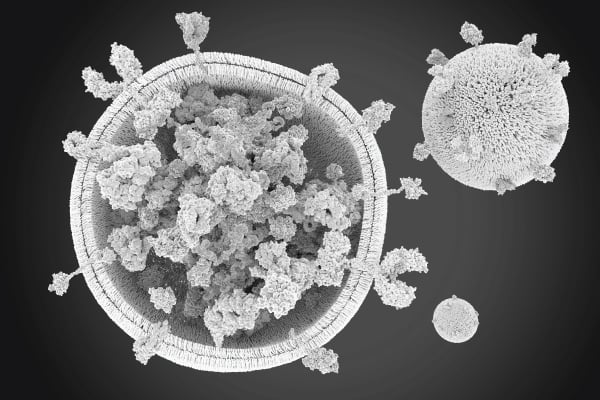Future of Bioprocessing
Monoclonal Antibody-Based Therapeutics
Monoclonal antibody-based therapeutics have become increasingly significant in the field of medicine, offering targeted and precise treatments for various diseases. To ensure the success of these therapies, it is crucial to have robust infrastructure and resources in place. Gain more valuable insights into our solutions that aid the development of monoclonal antibodies. Explore cutting-edge analytical technologies, process automation tools, and quality control solutions that contribute to the advancement of this field.
Whether you are a researcher, a pharmaceutical company, or simply interested in understanding the intricacies of monoclonal antibody development, this webpage is your go-to resource. Let's dive into the world of monoclonal antibodies and explore the solutions that pave the way for innovative and effective therapeutics.
Talk to an Expert
The Mission: Driving the Future of Bioprocessing
Monoclonal antibody development involves several crucial phases, each playing a vital role in bringing a potential therapy to fruition. It begins with screening and validating target genes, where researchers identify and select specific genes associated with the disease or condition being targeted. This step lays the foundation for subsequent development stages.
The next phase involves cell line development and clone screening. Researchers engineer host cells to produce the desired monoclonal antibodies. This process entails optimizing cell culture conditions, selecting high-producing cell lines, and screening clones to identify those with the most desirable characteristics. We aim to support you every step of the way. Download the infographic to learn more.
Learn More
Whitepaper
Automation in Therapeutic Antibody Development
Automation offers a promising solution to challenges during antibodies development by:
- Accelerating decision-making
- Enhancing quality control
- Streamlining development processes
This whitepaper explores the latest progress in mAb development and highlights how automation can expedite the journey from bench to bedside.
Whitepaper
Recent Trends in Therapeutic Antibodies Development
It's been nearly 50 years since Georges J.F. Köhler and César Milstein pioneered the hybridoma method for producing monoclonal antibodies (mAbs). Since then, there has been a rapid expansion in the field of mAbs and antibody–drug conjugates (ADCs) in development. In this article, we outline trends and challenges in therapeutic antibody development and explore the innovations reducing development timelines and costs.
Related Content
Learn more with our resources
Application Note

The Vi-CELL BLU cell viability analyzer: Cell counter performance comparison for CHO and HEK cells
Application Note

Evaluation of Instrument to Instrument Performance of the Vi-CELL BLU Cell Viability Analyzer
Application Note

Variability Analysis of the Vi-CELL BLU Cell Viability Analyzer against 3 Automated Cell Counting Devices and the Manual Method
Application Note

Integration of the Vi-CELL BLU Cell Viability Analyzer into the Sartorius Ambr® 250 High Throughput for automated determination of cell concentration and viability
Application Note

Cluster Count Analysis and Sample Preparation Considerations for the Vi-CELL BLU Cell Viability Analyzer
Application Note

Automating the Valita Titer IgG Quantification Assay on a Biomek i-Series Liquid Handling System
Our Team is Ready to Help
Tell us a bit about yourself and what you would like to achieve. Our experts will be in touch soon.









